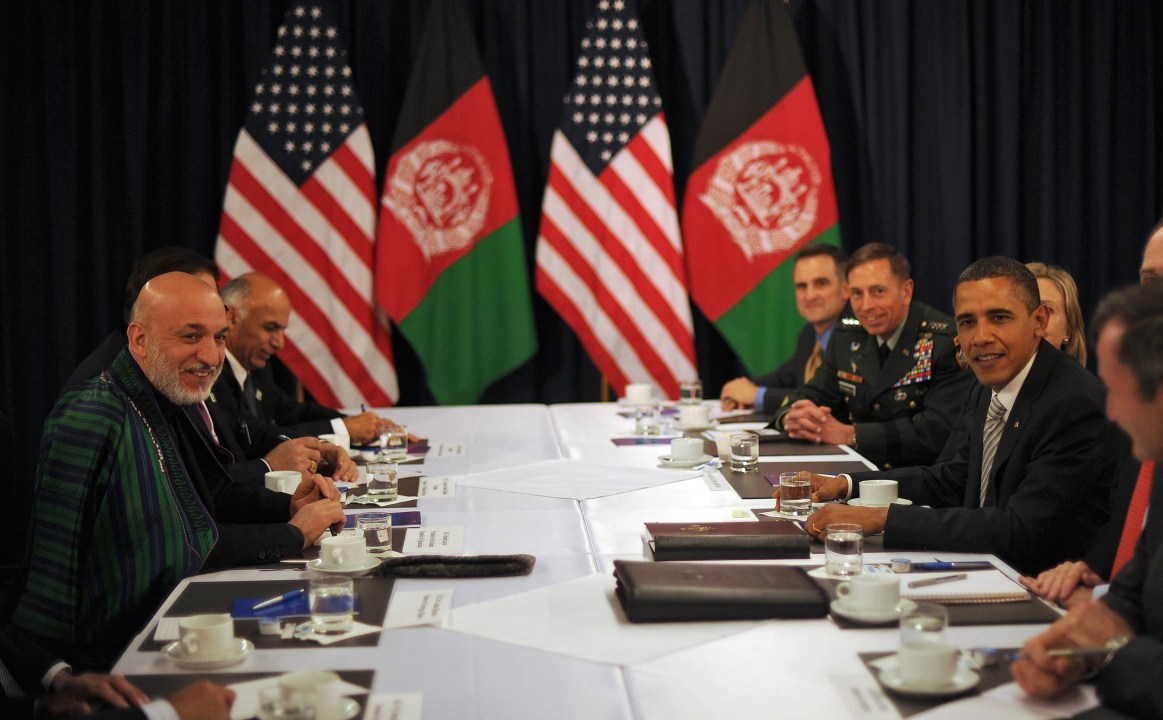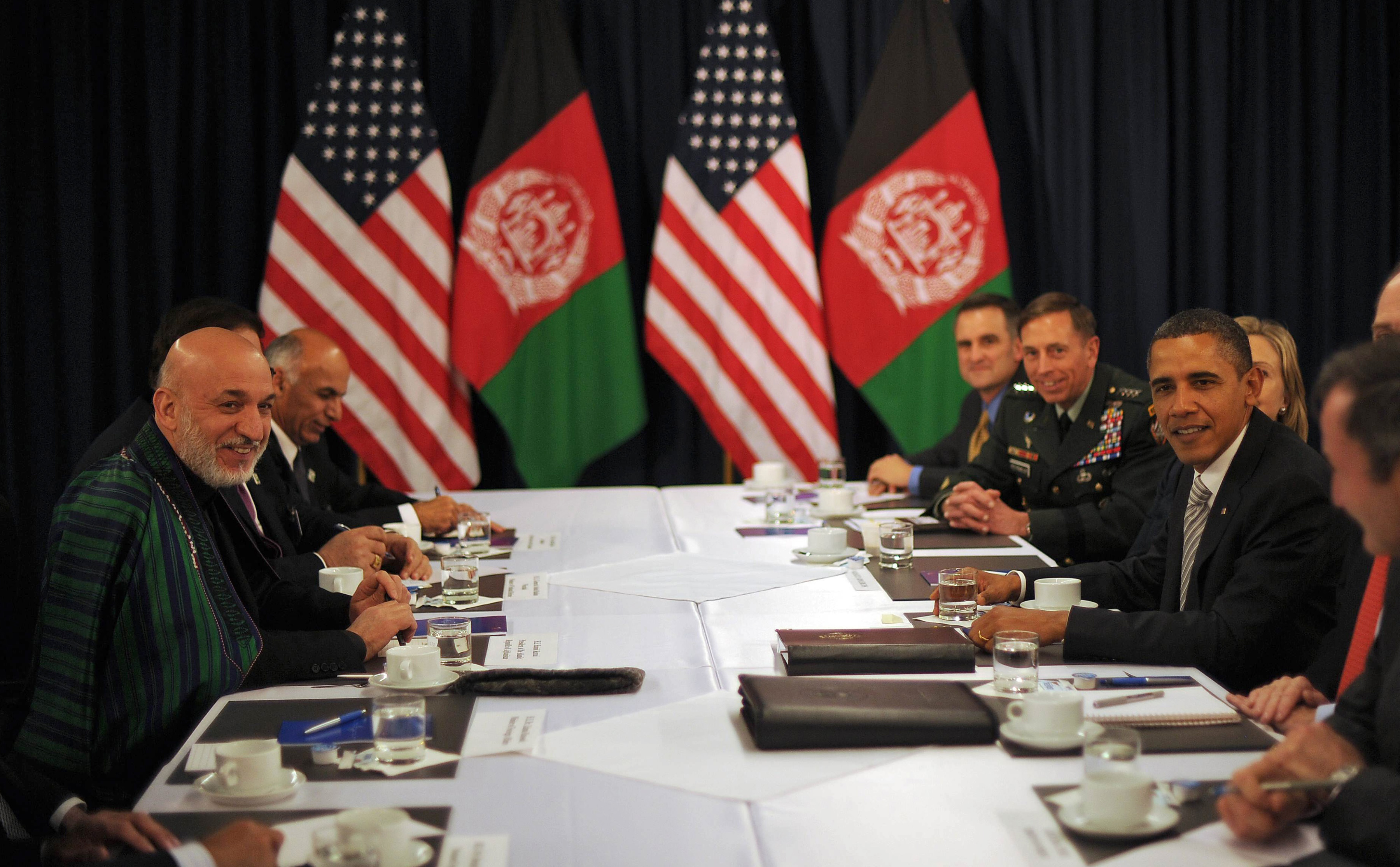 Today I joined number of leading Afghan experts, from Ahmed Rashid to Gilles Dorronsoro,
in calling on President Obama to change the American strategy in Afghanistan. Based on our work in and on Afghanistan, we wanted to make a number of points just as the White House begins reviewing
its strategy:
Today I joined number of leading Afghan experts, from Ahmed Rashid to Gilles Dorronsoro,
in calling on President Obama to change the American strategy in Afghanistan. Based on our work in and on Afghanistan, we wanted to make a number of points just as the White House begins reviewing
its strategy:
First, that the cost of the war is now over $120 billion per year for the United States alone. This is unsustainable in the long run.
Second, despite these huge costs, the situation on the ground is much worse than a year ago because the Taliban insurgency has made progress across the country.
The military campaign is suppressing, locally and temporarily, the symptoms of the disease, but fails to offer a long-term cure. The Taliban today are now a national movement with a serious presence in the north and the west of the country. Foreign bases, in turn, are completely isolated from their local environment and unable to protect the population while Pakistan continues to support the Taliban.
Politically, the settlement resulting from the 2001 intervention is unsustainable because the constituencies of whom the Taliban are the most violent expression are not represented, and because the highly centralised constitution goes against the grain of Afghan tradition, for example in specifying national elections in fourteen of the next twenty years.
In the letter to the US president we argue it is time to implement an alternative strategy that would allow the United States and NATO to exit Afghanistan while safeguarding the West’s security interests.
The Taliban’s leadership has indicated its willingness to negotiate, and it is in the US interest to begin talking. Waiting for a victor’s negotiation is not realistic – the current military strategy is more likely to create a splintered, more radicalised movement, less willing to compromise and more keen to fight on in greater cooperation with Al Qaeda. In the letter we therefore ask for President Obama “to sanction and support a direct dialogue with the Afghan Taliban leadership residing in Pakistan.”
Research has led us to believe that the Taliban are primarily concerned about the future of Afghanistan and not – contrary to what some may think – a broader global Islamic jihad. Their links with Al-Qaeda are weaker than many assume. A dialogue will be able to explore the possibility of a political settlement in which the Taliban are part of the Afghan political system and Al-Qaeda, our real enemy, are ruthlessly targeted.
The full text of the letter is available here.







Comments